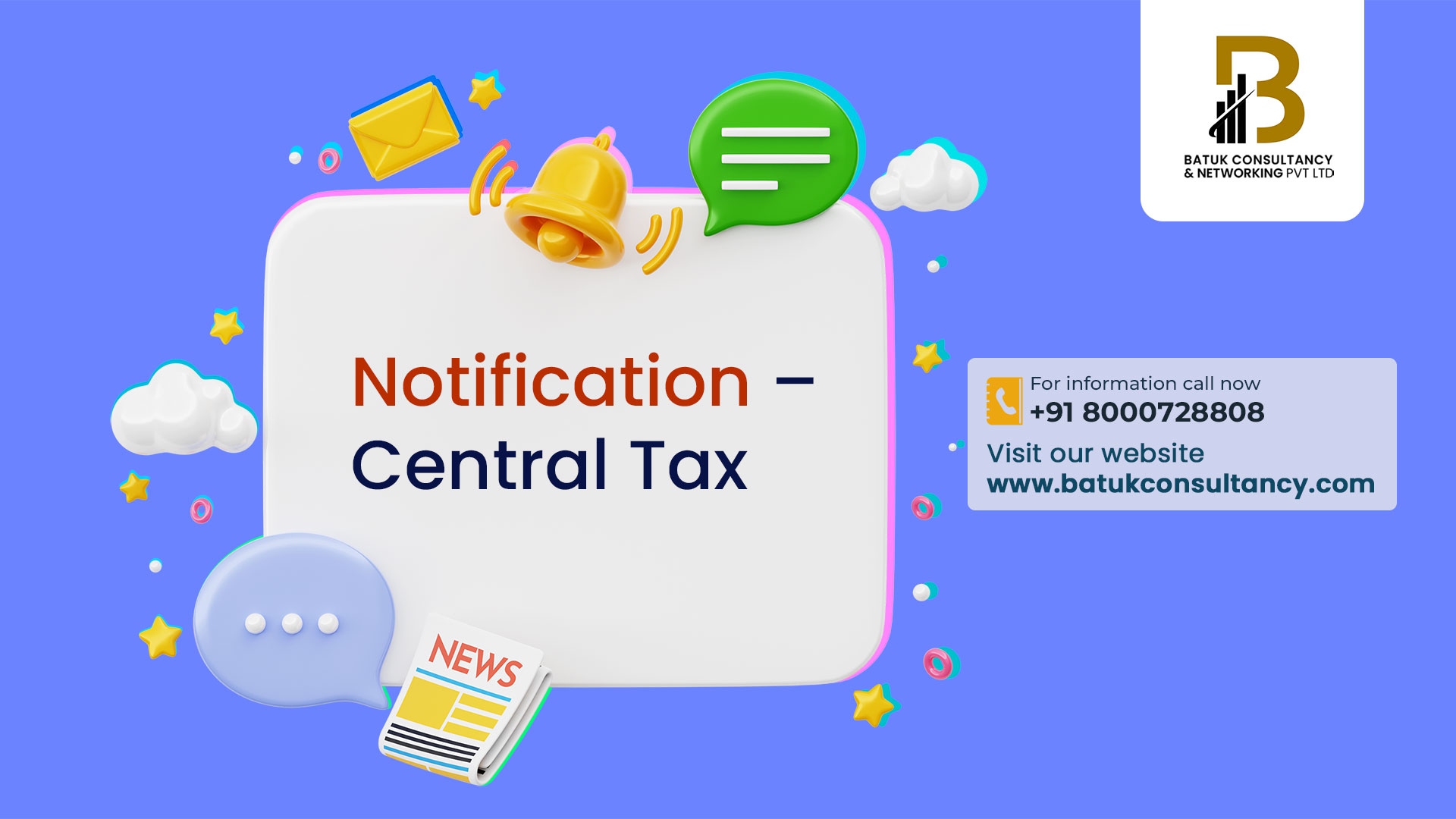Simplified Explanation of Notification No. 2/2022-Central Tax

New Powers for Additional and Joint Commissioners of Central Tax
Overview:
Notification No. 2/2022-Central Tax updates the roles and powers of Additional Commissioners and Joint Commissioners of Central Tax. It specifies new powers for these officers in relation to notices issued by the Directorate General of Goods and Services Tax Intelligence (DGGI).
Key Changes:
- New Powers Granted:
- Addition of Paragraph 3A:
- The notification introduces a new paragraph (3A) which grants Additional Commissioners or Joint Commissioners of Central Tax the authority to pass orders or make decisions on certain notices issued by the DGGI. These powers are specific to certain Principal Commissioners or Commissioners of Central Tax.
- New Table (Table V):
- Purpose: This table details which Principal Commissioners or Commissioners of Central Tax are vested with the new powers, and what these powers entail.
- Scope: The powers are exercisable throughout India, meaning the officers can use these powers across the entire country.
- Addition of Paragraph 3A:
- Details in Table V:
- Principal Commissioners and Commissioners:
- The table lists various Principal Commissioners and Commissioners of Central Tax and specifies that they have the authority to pass orders or make decisions related to notices under several sections of the Central Goods and Services Tax Act, 2017. These sections include those related to investigations and enforcement actions.
- Examples of Sections:
- Section 67: Power to search premises.
- Section 73: Determination of tax not paid or short paid.
- Section 122: Penalties for certain offenses.
- Section 130: Confiscation of goods and conveyances.
- Principal Commissioners and Commissioners:
Examples:
- Example 1: Authority in Action
-
- Scenario: The DGGI issues a notice to a company for alleged non-compliance with GST regulations. An Additional Commissioner in Ahmedabad South, as specified in Table V, is empowered to make decisions or pass orders regarding this notice.
- Impact: This Additional Commissioner can handle the case directly, making decisions on penalties, tax demands, or other actions related to the notice.
- Example 2: Scope of Powers
-
- Scenario: A similar case arises in Delhi North. The Principal Commissioner in Delhi North has the authority to handle such notices under the same sections (e.g., Section 67 for search and Section 130 for confiscation).
- Impact: The decision-making authority extends across the entire territory of India, meaning these officers can enforce compliance and penalties anywhere in the country.
Purpose:
- Empower Officers: The notification aims to streamline and centralize decision-making for specific cases handled by the DGGI, ensuring that Additional and Joint Commissioners have the necessary authority to manage these complex matters.
- Improve Efficiency: By clearly defining the powers and responsibilities, the notification seeks to enhance the efficiency and effectiveness of GST enforcement and compliance across India.
